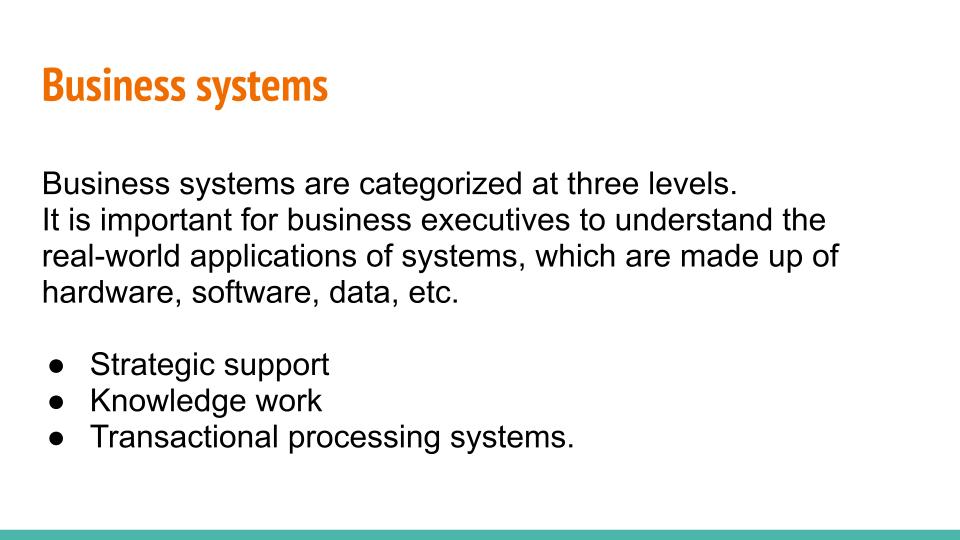DATA STRATEGY – Data Overview
Section 2.1 Data Overview Module
In this session, on Data Overview, we’ll be covering the fundamentals and best practices of good data management, the technology that’s available to help and discuss how and when business should apply them as they grow.
This is Ade Awokoya from LBAcademy. I am a Digital Transformation Adviser, enabling support for Business to innovate on a digital platform, with a focus on your business model.



INTRODUCTION – Data Overview
In this module, you’ll learn how data can help improve your business performance and appreciate how Information technology has enabled the transformation of firms, markets, and industries.
A smart business executive focuses on data strategy first. However, Data is only as useful as the insights you will obtain from it. These considerations should help you define a roadmap of how data will help your business in the long term. Once you have done this, then you could focus on data analysis techniques and data storage infrastructure requirements.
Technology
For a manager to converse about technology, you should understand basic concepts of technology infrastructure. This applies to the basic components of hardware, operating systems, middleware, applications and services.
This course focus is on small business so we will avoid looking at enterprise systems, which apply to Large and multinational companies. Also my focus here is on YOU, the business owner, so we want to avoid being drowned in technicalities.
However, we have found that emerging technology plays a significant role for running an effective small business data strategy. This includes a cloud computing platform and cybersecurity.
Cloud Computing
One of the most foundational technologies is cloud computing. We are going to explore the aspects of cloud computing that are worth considering when making business decisions. This is because Data management relies on the Cloud and networking and hence Telecommunications infrastructure with provision of fibre & optic Broadband, as well as 5G-Mobile is a game-changer.



Cloud Computing
Let’s focus again on using the Cloud Platform
This is especially attractive for small businesses and startups who may not have significant technology assets to start with. In a cloud model the user company is also protected against the challenge of software upgrades and associated organizational disruption.
The cloud software provider takes responsibility for doing that, while the cloud offers the major benefit of scalability. Further, cloud computing offers a solution to the challenge of resilience. Back-up data centers can be contracted with cloud providers. Finally, there is a core competence argument.
All of these advantages also come with some risks and threats that must be taken into account. Making choices about what to keep on premise and what services to use the cloud for, with managing vendors and partners can be difficult. A real concern relates to security and data ownership. It’s essential for managers to gain more experience with it as it is highly likely that cloud computing will continue its growth trajectory.





